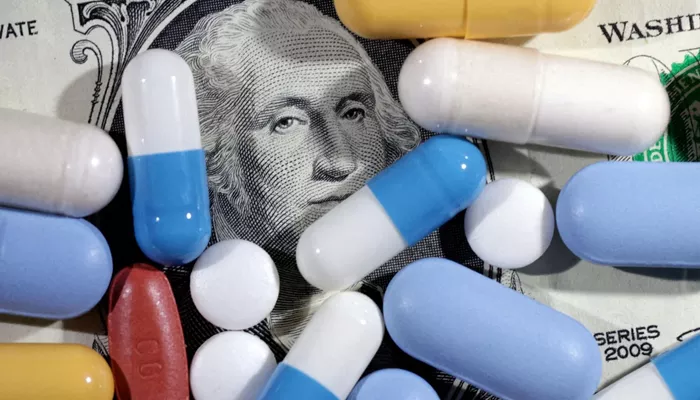Former U.S. President Donald Trump signed a new executive order on Tuesday aimed at lowering healthcare costs. One major part of the order supports a change to drug price negotiations that the pharmaceutical industry has been requesting.
The order asks the Department of Health and Human Services (HHS) to work with Congress to adjust a key rule in the Inflation Reduction Act. This rule currently lets Medicare negotiate the prices of some prescription drugs after they’ve been on the market for a set number of years.
Right now, drugs taken in pill or capsule form (called small molecule drugs) become eligible for negotiation after 9 years, while more complex drugs made with biotechnology (called biologics) have a 13-year wait. Drug companies want both types of drugs to have the same 13-year timeline. Trump’s order supports this idea.
Medicare, the government insurance program for people over 65 and some with disabilities, covers 66 million Americans. The ability to negotiate drug prices is a big part of President Joe Biden’s Inflation Reduction Act. It allows Medicare to cut costs by negotiating prices with drugmakers for certain expensive medications.
Pharmaceutical companies have criticized this system. They argue that shorter timelines for negotiation, especially for pill-based drugs, would hurt their ability to develop new treatments.
Although Trump’s executive order can’t change the law by itself, it tells HHS Secretary Robert F. Kennedy Jr. to work with lawmakers to make it happen through legislation.
White House officials said that some of the new ideas in Trump’s order could save more money than the first round of price negotiations under Biden. However, they didn’t share exact numbers.
Under the Biden administration, Medicare had negotiated price cuts of up to 79% for 10 of its most expensive drugs. The Trump administration plans to continue that process for 15 more drugs. These include popular diabetes and weight-loss drugs like Ozempic and Wegovy from Novo Nordisk, and cancer treatments like Ibrance and Xtandi from Pfizer.
Trump’s order also includes other changes:
- Making Medicare payments for drugs match the lower rates paid by hospitals (which are about 35% less).
- Standardizing how much patients pay for care, no matter where they receive treatment—a policy known as “site-neutral payments.”
- Encouraging more states to apply to import lower-cost drugs from other countries, such as Canada.
- Speeding up FDA approval for cheaper versions of brand-name drugs, known as generics and biosimilars.
Florida is currently the only state approved to import drugs from Canada, but several others have applied. Trump wants to make it easier for more states to join the program.
The executive order follows a national security review of the pharmaceutical industry launched earlier this week, which could lead to new tariffs on drug imports.
Related topics:
- Weight Loss Lifestyle Changes Improve Bone Health In Older Adults
- Want Lower Blood Pressure? Try Bananas, Not Just Cutting Salt
- Men’S Multivitamins Recalled Due To Soy Allergen Risk, FDA Warns


